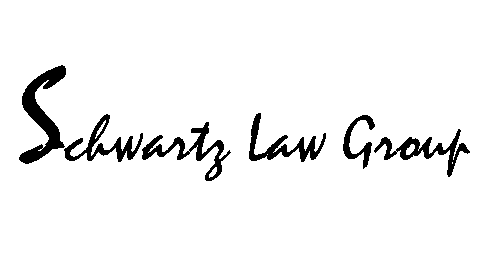Ken is ready to tackle the most complex criminal cases to protect your freedoms.
We represent people charged with crimes. While some crimes are less serious in our statutory framework, we know that any. charge is extremely serious to the individual charged. We defend every client, regardless of the charge, diligently and aggressively.
We represent people charged with crimes. While some crimes are less serious in our statutory framework, we know that any. charge is extremely serious to the individual charged. We defend every client, regardless of the charge, diligently and aggressively.
Representation is straightforward. Unfortunately, many lawyers tell people what they want to hear to get a fee. Our clients respect our candor. No matter what the case, we will explain it to you with no twist or spin. Our clients are never left with anything but an honest, straight explanations of their cases. We have defended people charged with murder. We have defended people charged with speeding. We can defend you and will do the very best job possible.
Stages of a Case
There is a definite process to a criminal case that can vary but generally is pretty consistent. We will outline the steps in general terms.
Step 1 – Arrest
An arrest is generally the first time the accused learns of police interest in his or her activities and/or conduct.
Step 2 – Charge
The police will generally present evidence to the prosecuting attorney. The prosecuting attorney will evaluate the case and decide whether or not to pursue prosecution. This process is done while the accused is being held without bond or after the accused is released. If an individual is released to later be charged, that situation is often times referred to as being released pending application of warrants or RPAW. When charged at a later time, the accused is either ordered to appear in court by way of a summons or a warrant is sometimes issued for that person’s arrest. If you are charged while you are in custody, you will then be taken before a judge promptly.
Step 3 – Arraignment
This step is simply where the judge reads the charges to you in open court. If you do not have an attorney, the judge will likely tell you to get one or will inquire as to whether or not you may be eligible for the services of a public defender.
Step 4 – Preliminary Hearing / Indictment
This phase varies. An indictment, which is a charge issued by the grand jury, could have been the initial step before an arraignment. If not indictment is sought, the accused is entitled to a preliminary hearing. A preliminary hearing is a probable cause hearing concerning whether or not the defendant committed the crime that he or she is charged with. A judge will hear evidence and make a probable cause determination at a preliminary hearing.
Step 5 – Pre-Trial phase
Once a probable cause finding has been made in a preliminary hearing or an indictment has been issued, the case proceeds to the pre-trial phase.
Step 6 – Motions
Criminally accused individuals have the right to file various legal motions. A motion is a written request of the court asking the court to issue an order. Motions vary from a motion to get the prosecutor’s evidence produced to a motion to suppress evidence obtained in violation of the law and/or Constitution. Motion practice is an extremely important part of a criminal case and often times motions are dispositive of a case.
Step 7 – Trial
A trial could be before a jury or judge. Jury trials are complicated and require hours of preparation to be done right. A judge trial, or what is commonly referred to as “bench trials” are also complicated but are usually faster than jury trials.
Step 8 – Plea negotiations
The majority of criminal Cases are not taken to trial. When the evidence is overwhelming, we often engage in talks with the prosecutors in an attempt to avoid a trial and what might appear to be a certain loss and potential jail sentence. Plea negotiations run the gamut from probation to prison depending entirely on each case.
Contact Ken for a free consultation:
phone: (314) 863-4444
email: kenneth@kennethrschwartz.com
